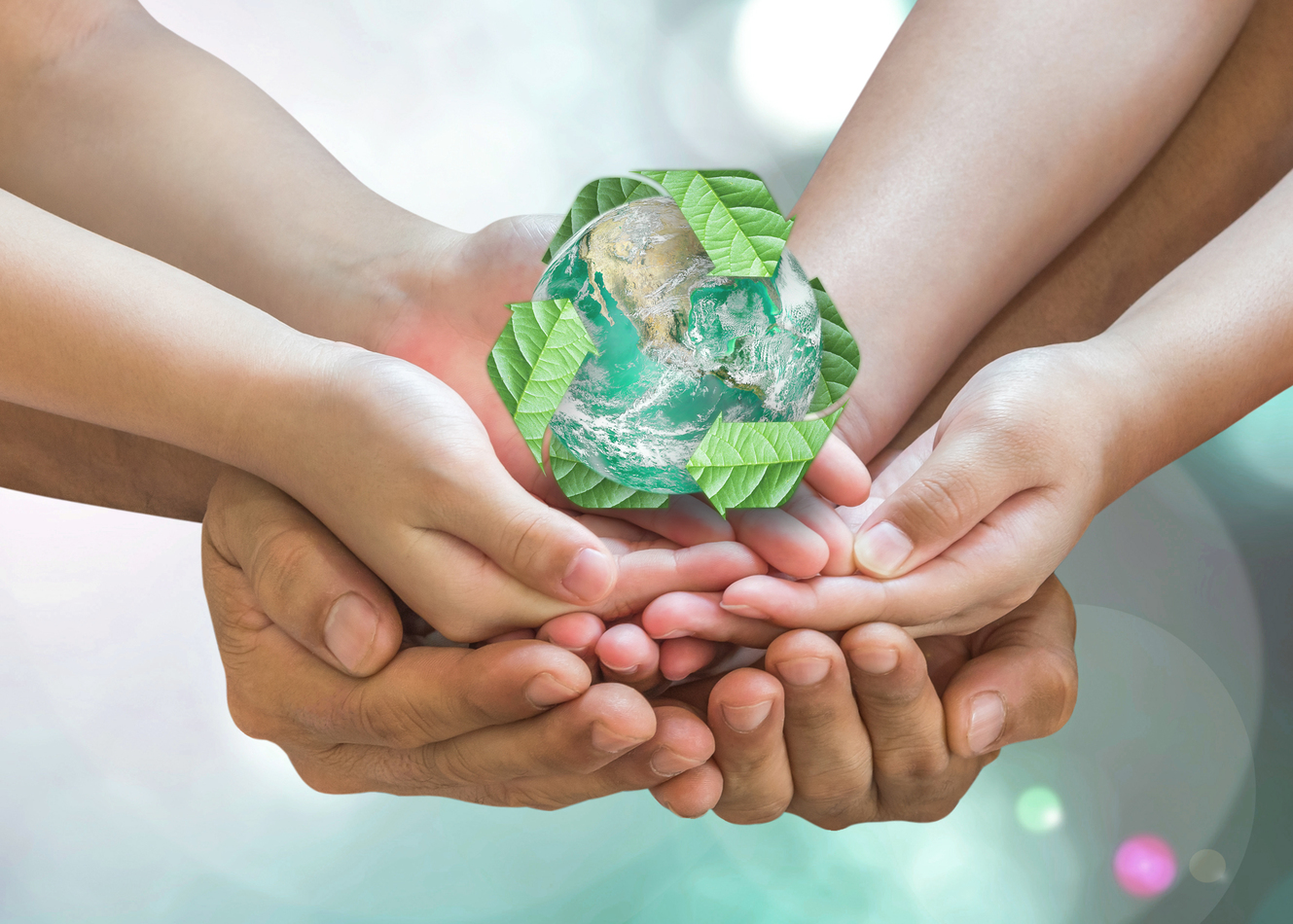Feature Stories

Global Recycling Day: A Call to Action for Sustainable Practices
Global Recycling Day: A Call to Action for Sustainable Practices
Every year, billions of tons of waste are generated worldwide, posing significant environmental challenges. In 2023, Thailand generated approximately 26.95 million tonnes of municipal solid waste, with only 9.31 million tons or 34% of it being sorted and reused. Mismanaged plastic waste has growing economic and environmental consequences, especially in the form of packaging, generates significant economic costs globally.
According to a Market Study by The World Bank, Thailand recycled just 17.6% of key plastic resins in 2018, falling short of the National Plastic Waste Management Roadmap 2018-2030 target of 22%. This resulted in the disposal of 2.88 million tonnes per year of plastics, with 87% of the material value lost, amounting to approximately US$3.6 billion per year. All this has led to increased global awareness towards plastic waste management, elevating the topic of plastic pollution into the mainstream consumer consciousness in Thailand.
Thailand recycled just 17.6% of key plastic resins in 2018, falling short of the National Plastic Waste Management Roadmap 2018-2030 target of 22%. This resulted in the disposal of 2.88 million tonnes per year of plastics, with 87% of the material value lost, amounting to approximately US$3.6 billion per year.
What is Global Recycling Day?
Global Recycling Day is an annual event observed on March 18th each year, aiming to raise awareness of the importance of recycling and encourage people to take action to reduce waste and protect the environment. It brings together individuals, organizations, and governments worldwide to promote sustainable practices and highlight the benefits of recycling.
At the heart of Global Recycling Day lies the principle of resource efficiency. Recycling conserves valuable materials, reduces energy consumption, and minimizes greenhouse gas emissions associated with extraction and manufacturing processes. By transforming waste into reusable resources, recycling contributes to mitigating climate change and preserving biodiversity.
This year's Global Recycling Day theme, #RecyclingHeroes, recognizes the people, places, and activities that showcase how recycling can contribute to an environmentally stable planet and a greener future for all. Everyone can be a recycling hero by making small changes in their daily routine. Waste segregation, separating recyclables from general waste, at least between wet (organic) and dry (inorganic) waste, significantly reduces contamination, as organic waste is the main contaminant of recyclables. Awareness and behavior change campaigns focusing on waste prevention, source segregation, and recycling are essential for improving waste collection and sorting efficiency, especially for post-consumer plastics.
Recycling and its Benefits
Recycling is the process of collecting and processing materials that would otherwise be thrown away as trash and turning them into new products. It provides many benefits to our environment:
- Conserve natural resources: Recycling reduces the need to extract resources such as timber, water, and minerals for new products.
- Climate change: Recycling helps combat the climate crisis by limiting the use of raw materials and reducing waste going into landfills.
- Energy savings: Recycling conserves energy. Making a product from recycled materials almost always requires less energy than is required to make the product from new materials. For example, recycling just 10 plastic bottles saves enough energy to power a laptop for more than 25 hours.
- Waste and pollution reduction: Recycling diverts waste away from landfills and incinerators, which reduces the harmful effects of pollution and emissions.
Recycling is a necessary component of the circular economy, as it helps to keep materials in use for as long as possible, safeguarding our natural resources. Establishing plastics circularity, where the value of plastics remains in the economy to prevent them from being discarded and ending up in landfills.
At INSEE Ecocycle, we view waste as a resource. Through effective segregation and management, our goal is to maximize its value before it reaches the final disposal stage.
Contact INSEE Ecocycle for any waste management questions you may have or click here for our services.




